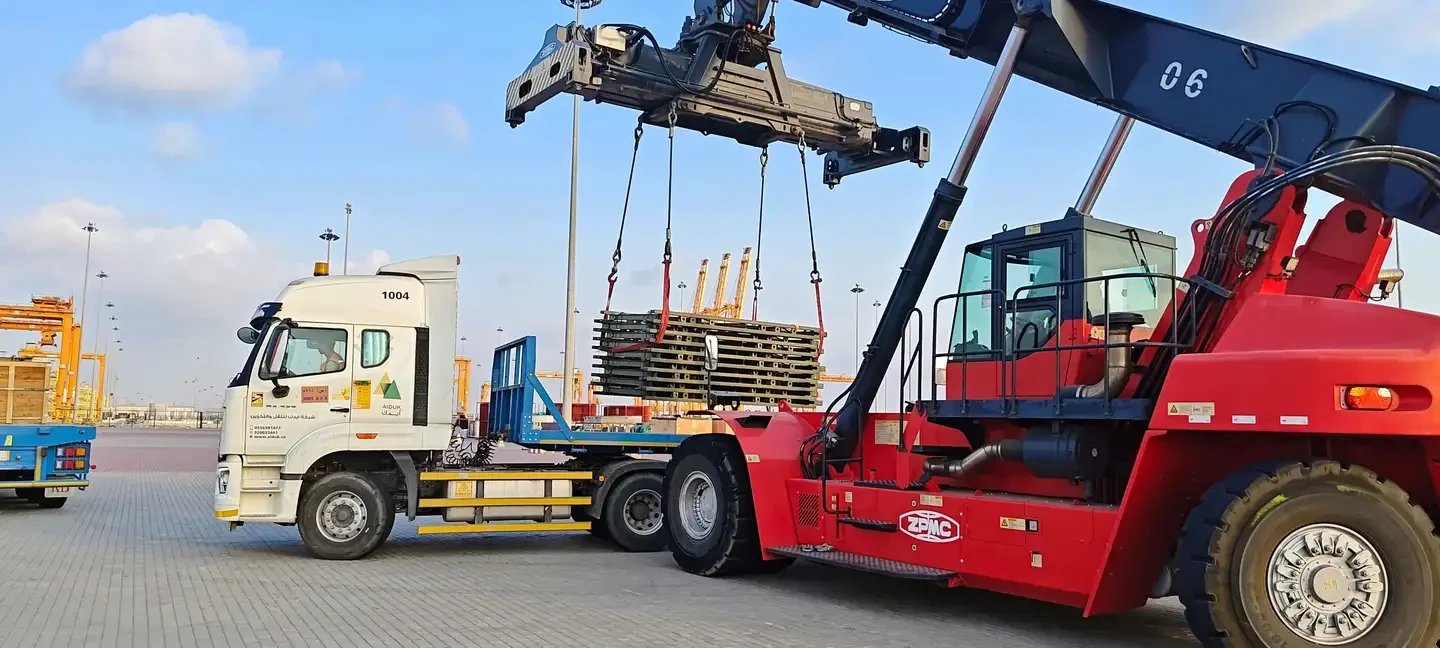Is the U.A.E COD model truly viable in the Middle Eastern market?
Despite its significant advantages, the Cash on Delivery (COD) logistics model in the U.A.E presents multiple challenges for cross-border sellers in actual operations. These challenges span financial risks, localization demands, and compliance and security issues.

High Return Rates and Financial Pressure
Industry data indicates that the average return (refusal) rate for COD orders in the U.A.E ranges from 30% to 50%--substantially higher than in mature e-commerce markets. This high rate is driven by various factors: impulsive buying followed by buyer's remorse, delivery delays that test consumer patience, and the abuse of the "inspect before pay" privilege.
Refused deliveries result in doubled logistics costs and significant depreciation in product value during transit. Cross-border sellers also face the dual burden of inventory backlogs and delayed cash recovery. The inherent structure of COD leads to extended payment cycles--typically 14 to 30 days--and when combined with high refusal rates, many small and medium-sized sellers experience severe cash flow constraints.
To hedge against these risks, logistics providers often charge high service fees--typically 5% to 10% of the order value--which further squeezes seller profit margins. Some even require refusal deposits from merchants, increasing the amount of capital tied up.
Complexity of Localization
As an Islamic country, the U.A.E has specific cultural and religious sensitivities that affect product selection and marketing strategies. Items such as revealing clothing (e.g., off-shoulder tops, short skirts), cosmetics containing alcohol, and pork-derived products may be flagged or delisted. Religious holidays like Ramadan can offer peak sales periods, but poorly timed or culturally insensitive promotions during such periods can trigger backlash.
In terms of language and customer service, while English is widely spoken, Arabic remains the preferred language for communication. COD transactions often require complex after-sales interactions, and consumers expect quick responses via instant messaging platforms like WhatsApp. Cross-border sellers without an Arabic-speaking support team will struggle to manage returns, exchanges, and complaints effectively--ultimately leading to a decline in customer satisfaction.
The addressing system and delivery process also pose significant challenges. Many areas in the U.A.E lack a standardized house numbering system, resulting in a much higher delivery failure rate compared to developed markets. Deliveries often rely on landmark descriptions or multiple phone calls to complete, increasing both delivery time and cost.
Security and Compliance Risks
The U.A.E customs authorities exercise strict oversight on high-value goods such as electronics and luxury items. Without a local customs clearance agent, shipments may be delayed or require additional documentation.
In COD operations, the cash collection process introduces inherent security vulnerabilities. In remote areas, there have been instances where couriers abscond with cash. Some logistics agents also delay remitting collected payments to sellers, placing them at risk of cash flow disruptions and financial loss.
Ontask Express offers air and sea freight forwarding services ,providing customers with efficient and reliable U.A.E door to door logistics, improving cargo transportation efficiency, reducing costs, and helping clients achieve steady growth. We empower Chinese products to go global and benefit all humanity!


